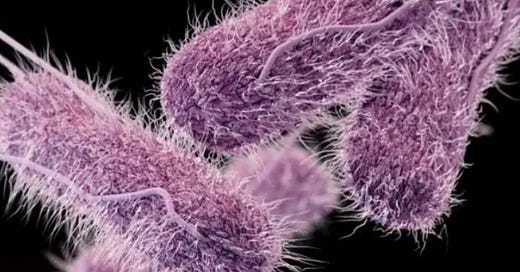The capital city of Belém, in the northern Brazil state of Pará, is reporting a 300 percent increase in typhoid fever in 2024.
Between January and October, there are 16 confirmed cases, four times more than the occurrences in the whole of 2023 (4 cases) and also higher than those in 2022 (5 cases).
In Belém this year, cases are concentrated in the Jurunas neighborhood, which has registered 10 cases this year. Next comes the Pedreira neighborhood, with 2 cases; Marambaia, Fátima, Canudos and Barreiros, with one case each, according to data from the Municipal Health Department (Sesma).
Sesma's Health Surveillance is investigating the causes of the increase in the number of cases.
Typhoid fever is a serious disease caused by Salmonella Typhi (Typhi) bacteria. The bacteria spread through contaminated food and water and person-to-person contact.
Subscribe to Outbreak News TV on YouTube
Symptoms of typhoid fever include high fever, weakness, stomach pain, headache, constipation or diarrhea, cough, and loss of appetite. Typhoid fever can be fatal without appropriate antibiotic treatment.
As of 2019 estimates, there are 9 million cases of typhoid fever annually, resulting in about 110,000 deaths per year.
Typhoid risk is higher in populations that lack access to safe water and adequate sanitation, and children are at highest risk.
Typhoid: The past, present, and future of an ancient disease
Typhoid fever is common in places with poor sanitation and a lack of safe drinking water. Access to safe water and adequate sanitation, hygiene among food handlers and typhoid vaccination are all effective in preventing typhoid fever.
Typhoid conjugate vaccine, consisting of the purified Vi antigen linked to a carrier protein, is given as a single injectable dose in children from 6 months of age and in adults up to 45 years or 65 years (depending on the vaccine).





